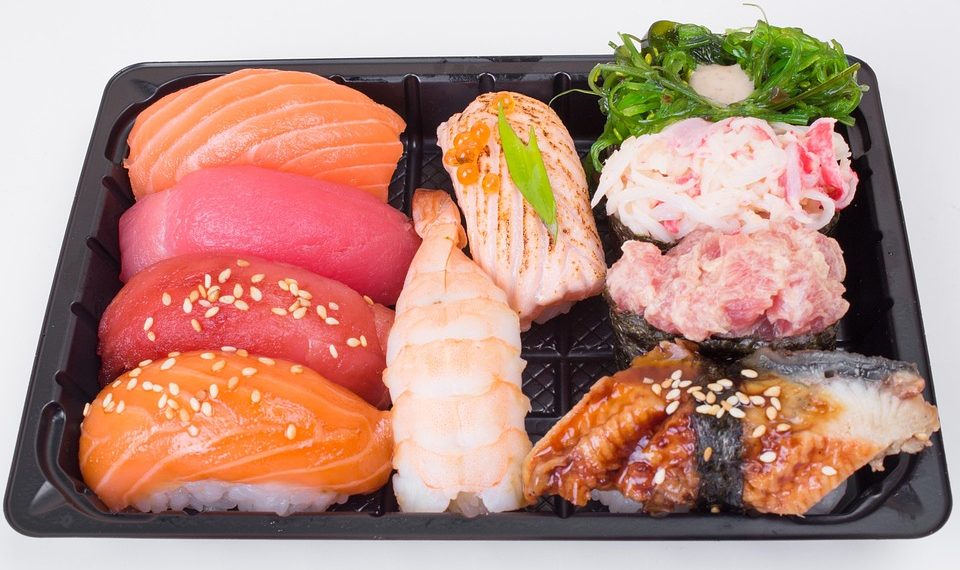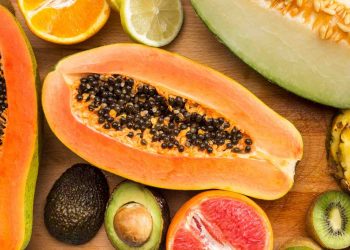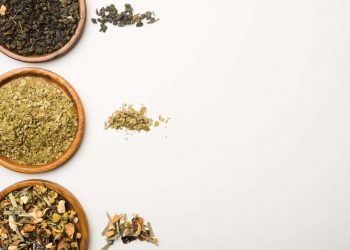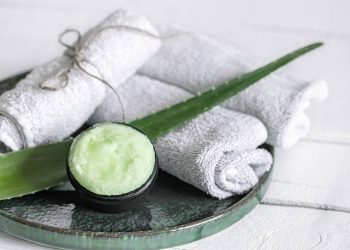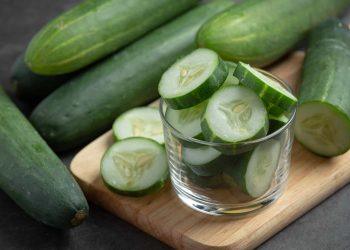Hormonal acne can feel like an unwelcome guest that just won’t leave. If you’ve ever gazed into the mirror and felt defeated by stubborn breakouts, you’re not alone. Hormonal fluctuations can wreak havoc on your skin, but did you know that certain foods might be triggering those pesky blemishes? In this article, we uncover 7 surprising food triggers for hormonal acne you must avoid.
Understanding how food impacts your hormones and skin is crucial. After all, what you eat directly affects your body’s functions. So, let’s dive in and empower you to take control of your skin health.
Contents
- What is Hormonal Acne?
- Why Food Matters for Your Skin
- 1. Dairy Products: The Hidden Culprit
- 2. Sugar and Refined Carbohydrates: The Sweet Saboteurs
- 3. Processed Foods: The Inflammatory Agents
- 4. High Glycemic Foods: The Spike and Crash
- 5. Omega-6 Fatty Acids: The Wrong Kind of Fat
- 6. Caffeine: The Stress Inducer
- 7. Alcohol: The Dehydrator
- How to Make Lasting Changes
- The Role of Supplements
- A Holistic Approach to Skin Health
- Bottom Line
- FAQs
What is Hormonal Acne?
Hormonal acne is more than just a teenage phase; it can persist into adulthood, often surfacing around your menstrual cycle or during periods of stress. This type of acne is usually linked to fluctuations in hormones like estrogen and testosterone, leading to excess oil production and clogged pores. Recognizing the food triggers that exacerbate this condition can be a game-changer in your skincare routine.
Why Food Matters for Your Skin
Your skin is a reflection of your internal health. The foods you choose nourish or deplete your body and, in turn, your skin. By understanding the relationship between diet and hormonal acne, you can make informed choices that promote clearer skin. Let’s break down those surprising food triggers.
1. Dairy Products: The Hidden Culprit
You might love a creamy cheese or a cold glass of milk, but dairy products can be sneaky offenders when it comes to hormonal acne. Studies show that dairy can increase insulin levels, leading to excess oil production and inflammation.
- What to Avoid: Milk, cheese, yogurt, and ice cream.
- Alternatives: Try almond milk, coconut yogurt, or cashew cheese.
2. Sugar and Refined Carbohydrates: The Sweet Saboteurs
Sugar isn’t just bad for your waistline; it can also disrupt your hormones. High-sugar foods spike your blood sugar, causing your body to release insulin—a hormone that can exacerbate acne.
- What to Avoid: Sweets, pastries, white bread, and sugary drinks.
- Alternatives: Opt for whole grains, fruits, and natural sweeteners like honey or maple syrup.
3. Processed Foods: The Inflammatory Agents
Processed foods often contain additives, preservatives, and unhealthy fats that can lead to inflammation. This inflammation can trigger hormonal imbalances, making your skin more prone to breakouts.
- What to Avoid: Fast food, packaged snacks, and frozen meals.
- Alternatives: Fresh, whole foods like fruits, vegetables, and lean proteins.
4. High Glycemic Foods: The Spike and Crash
High glycemic index (GI) foods cause rapid spikes in blood sugar, leading to increased insulin levels. Foods like white rice and potatoes can send your body into a rollercoaster ride, which isn’t great for your skin.
- What to Avoid: White rice, potatoes, and sugary cereals.
- Alternatives: Quinoa, barley, and brown rice are better choices.
5. Omega-6 Fatty Acids: The Wrong Kind of Fat
While some fats are essential for your health, an excess of omega-6 fatty acids can promote inflammation in the body. This inflammation can aggravate hormonal acne.
- What to Avoid: Vegetable oils (like corn and soybean oil) and processed snacks.
- Alternatives: Incorporate omega-3-rich foods like salmon, flaxseeds, and walnuts.
6. Caffeine: The Stress Inducer
Caffeine may give you a temporary boost, but it can also lead to increased cortisol levels. Cortisol, the stress hormone, can trigger breakouts.
- What to Avoid: Coffee, energy drinks, and caffeinated sodas.
- Alternatives: Herbal teas or decaffeinated options can keep you calm without the jitters.
7. Alcohol: The Dehydrator
While a glass of wine might seem harmless, alcohol can dehydrate your skin and disrupt your hormonal balance. This can lead to more oil production, which means more breakouts.
- What to Avoid: Beer, wine, and cocktails.
- Alternatives: Stay hydrated with water and herbal infusions.
How to Make Lasting Changes
Avoiding these food triggers might seem daunting, but small changes can lead to significant results. Start by keeping a food diary to identify what you eat and how it affects your skin.
- Tip: Gradually replace one food item at a time rather than overhauling your entire diet overnight. This will make the transition smoother.
The Role of Supplements
Sometimes, your diet alone may not be enough. Consider speaking to a healthcare professional about supplements that can support skin health. Some beneficial options include:
- Zinc: Reduces inflammation and supports skin healing.
- Omega-3 Fatty Acids: Help combat inflammation.
- Probiotics: Balance gut health, which can impact skin.
A Holistic Approach to Skin Health
Diet is just one piece of the puzzle. Stress management, proper skincare, and hydration all play vital roles in achieving healthy skin. Consider incorporating mindfulness practices like yoga or meditation to keep stress in check.
Bottom Line
Hormonal acne can be frustrating, but understanding the food triggers that exacerbate it gives you the power to make informed choices. By avoiding dairy, sugar, processed foods, and other culprits, you can pave the way for clearer, healthier skin. Remember, you’re not alone on this journey; many women face similar struggles.
Take it one step at a time, and don’t hesitate to seek guidance from a healthcare professional. Your skin deserves the best care!
FAQs
1. Can I eliminate all these foods at once?
While it’s tempting to make drastic changes, it’s best to introduce changes gradually.
2. How long will it take to see results?
Every body is different, but you may start to notice improvements in 4-6 weeks.
3. Are there any foods that can help hormonal acne?
Yes! Foods rich in antioxidants, vitamins, and healthy fats can support skin health. Think berries, leafy greens, and fatty fish.
4. Should I consult a dermatologist?
Absolutely! A dermatologist can provide tailored advice and treatment options based on your skin type.
Taking care of your skin is a journey, but with the right knowledge and choices, you can achieve the clarity you desire. Now, let’s make those changes and embrace a healthier, happier you!
Get Your FREE Natural Health Guide!
Subscribe now and receive our exclusive ebook packed with natural health tips, practical wellness advice, and easy lifestyle changes — delivered straight to your inbox.

